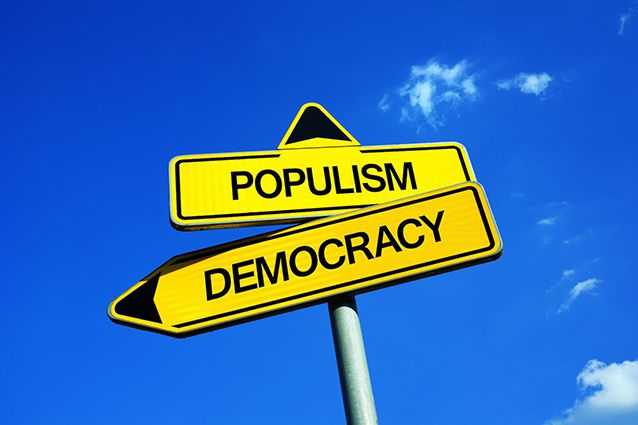
Accueil>Publications>Les Dossiers du CERI
Les Dossiers du CERI
Destinés à un large public, Les Dossiers du CERI décryptent les différents aspects des événements ou des phénomènes à portée internationale : crises ou conflits, mobilisations sociales ou mouvements politiques, enjeux stratégiques ou électoraux… Réalisé sous la responsabilité d’un chercheur du CERI, qui en rédige l’introduction, chaque Dossier comporte une demi-douzaine d’articles.
Les Dossiers n’ont pas de périodicité fixe mais suivent les grands moments de l’actualité internationale.
Responsable de la publication : Corinne Deloy
ISSN : 2268-0632
Suivez-nous
Nous contacter
Contact Média
Coralie Meyer
Tel: +33 (0)1 58 71 70 85
coralie.meyer@sciencespo.fr
Corinne Deloy
Tel: +33 (0)1 58 71 70 68
corinne.deloy@sciencespo.fr





















